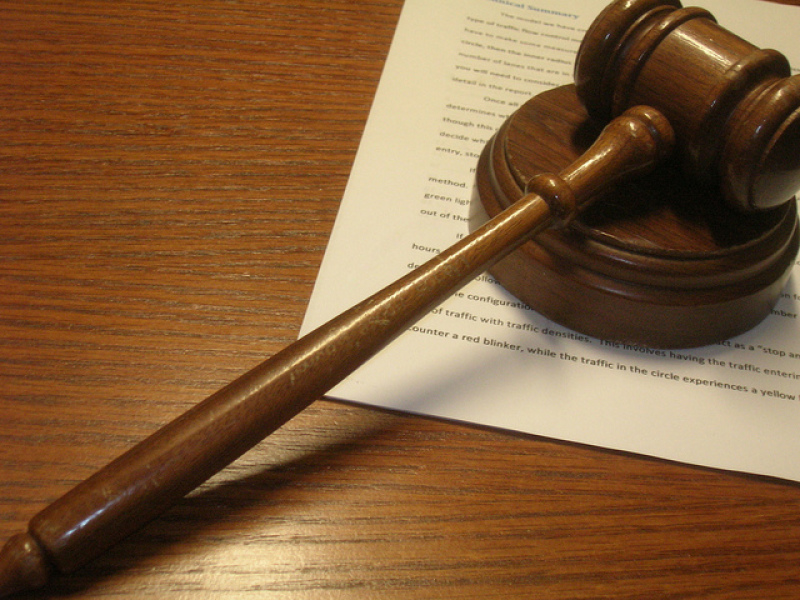
In a recent decision, the Wisconsin Supreme Court held that county health agencies can not prohibit private and religious institutions from conducting in-person lessons amid health emergencies such as the COVID-19 outbreak.
As reported by Fox 6, the conservative majority of the court concluded, in a 4-3 ruling, that a school closure order issued last year by the Madison & Dane County Public Health violated constitutional religious freedom by favoring private and religious schools that challenged the Dane County order.
In its ruling on Friday, the court ruled that "the framers of the (Wisconsin) constitution, backed by Wisconsin residents, chose to describe the religious freedoms that they should be entitled to in greater detail than were given in the federal constitution," emphasizing that the drafters used "the strongest possible language" to protect those freedoms in their state constitution, Christian Post noted.
Per the Wisconsin constitution, "The right of every person to worship Almighty God according to the dictates of conscience shall never be infringed...nor shall any control of, or interference with, the rights of conscience be permitted."
Not a license to close churches
As explained by Andrew Bath, Executive Vice President and General Counsel of the legal group, the petition had been filed in response to "an illegal order by a local public health officer, and the court saw that right away, first issuing a preliminary injunction in September 2020 that prohibited the county from enforcing it, and now settling the matter decisively."
"They have declared it both statutorily and constitutionally unlawful and have additionally affirmed that local health officers do not have the statutory authority to close schools," Bath said.
Justice Rebecca Bradley said that the legislation that empowers municipal health departments to take preventative measures during a health emergency "cannot be reasonably read as an open-ended grant of authority." Justices Pat Roggensack, Brian Hagedorn, as well as Chief Justice Annette Ziegler, joined Bradley.
Rebecca Dallet, Ann Walsh Bradley, and Jill Karofsky, three liberal Court justices who disagreed, said that shutting schools falls within the category of actions that local health authorities are entitled to conduct in an emergency.
Conservative groups disputed a heath order and won
According to Rick Esenberg, president of the Wisconsin Institute for Law and Liberty: "Even as the COVID-19 pandemic recedes, the court's decision provides a critical correction that ought to prevent future abuses of power in an emergency."
The lawsuit was filed on behalf of five private schools and eight families in Dane County, as well as on behalf of School Choice Wisconsin Action and the Wisconsin Council of Religious and Independent Schools.
According to the lawsuit, Dane County's updated health order from September tried to prohibit private and religious schools from providing direct in-person instruction to students in the classroom. The rule in issue empowers municipal health departments to take whatever actions are "reasonable and necessary" in order to contain the virus. No explicit power, however, is granted to shut schools under this provision. Consequently, the Supreme Court temporarily halted that order in early September while it evaluated the matter.
The Madison school system was totally virtual until March, when several private and public schools around the county resumed in-person lessons.
The Thomas More Society, a conservative legal organization, hailed the decision as "a major victory to the private schools and parents" in Dane County, which includes Madison, the state capital.

























